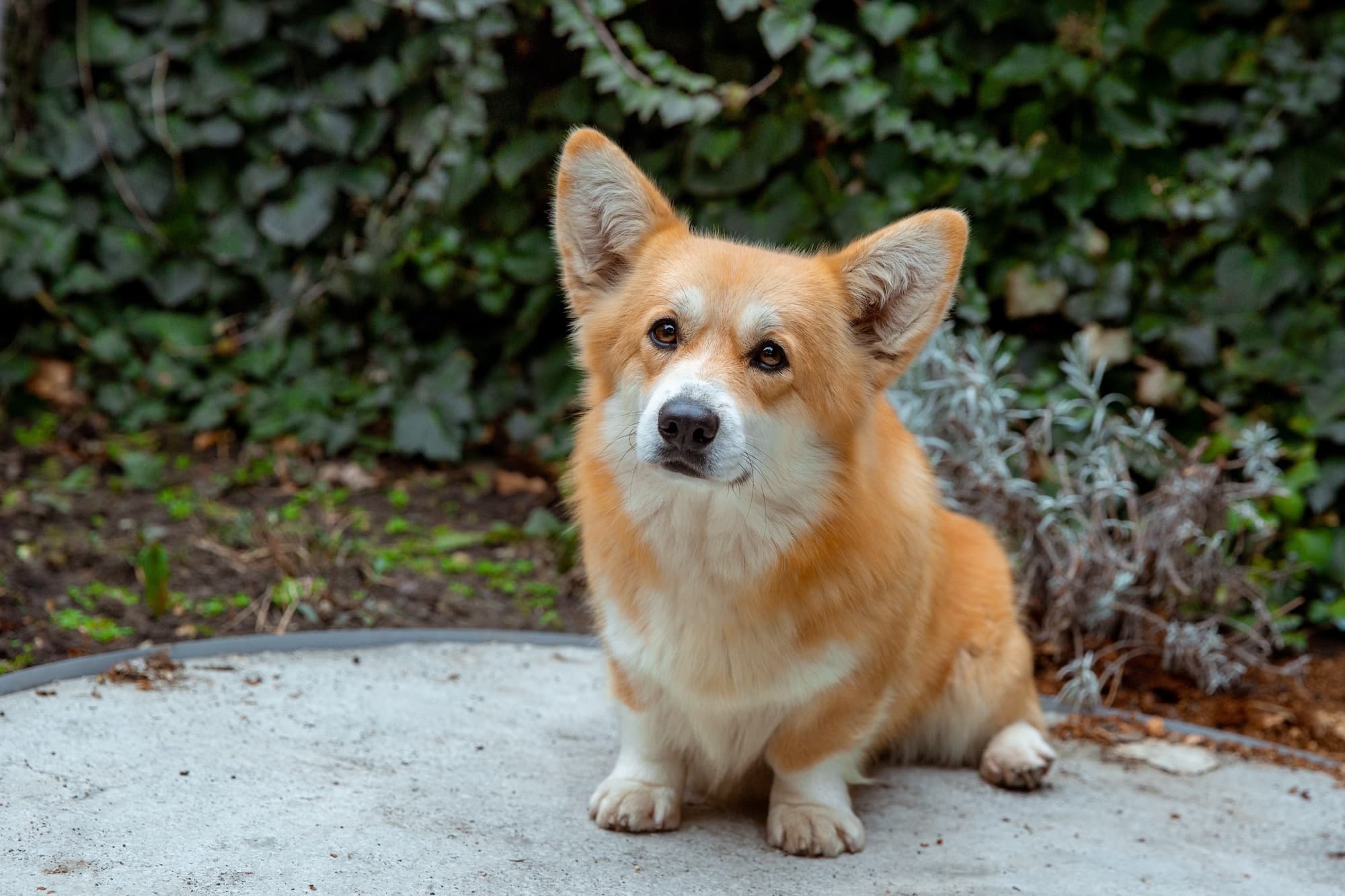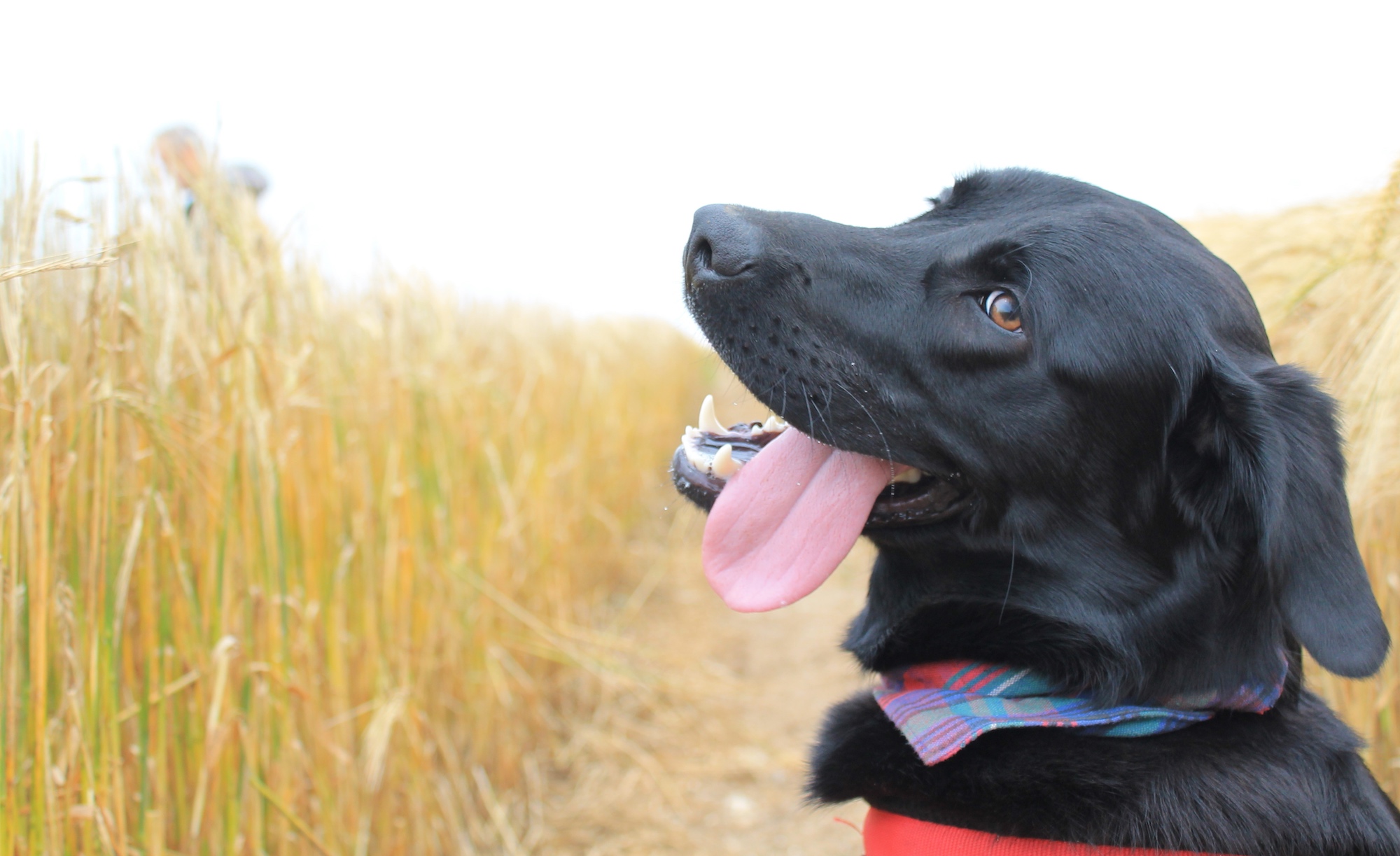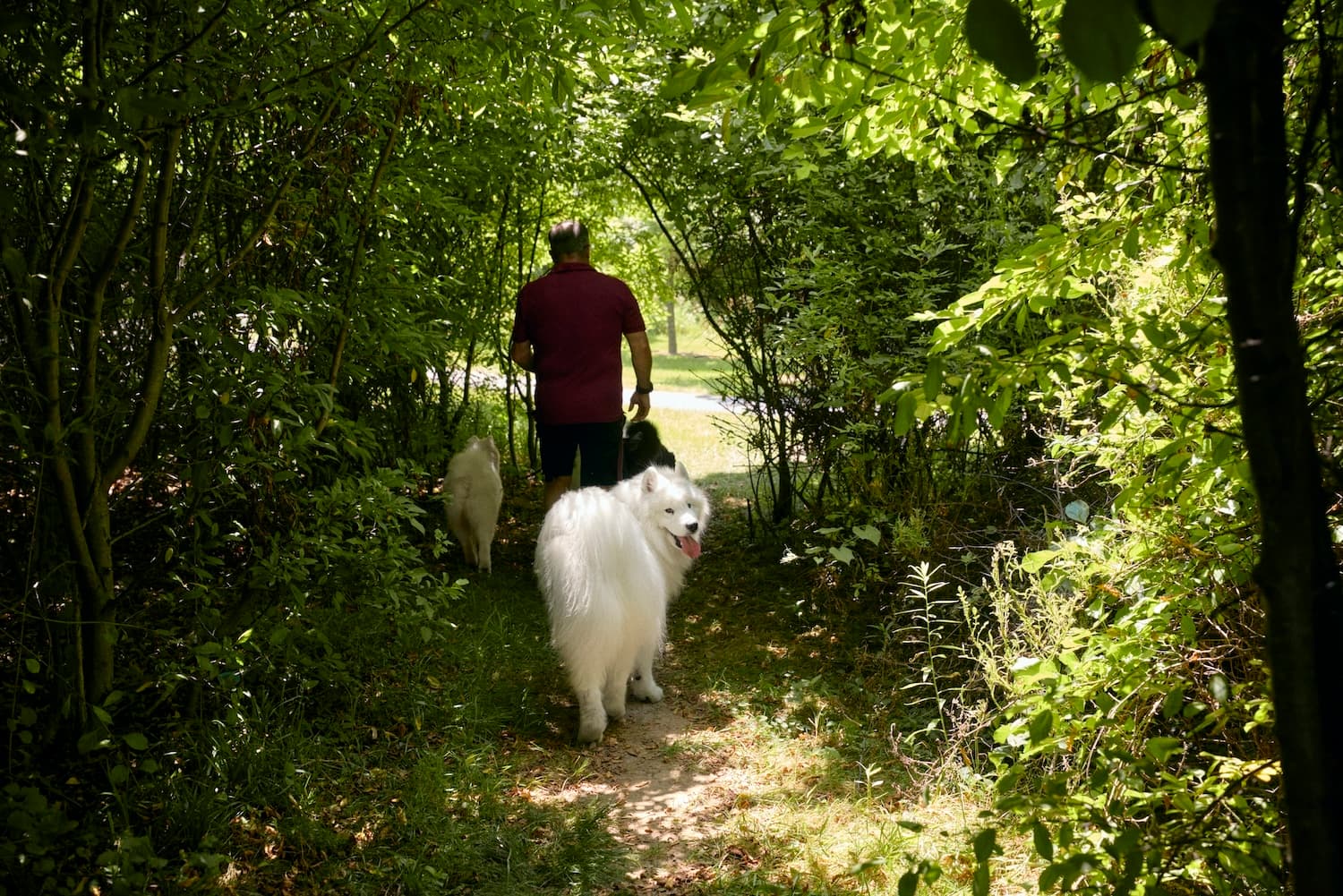Like humans, dogs are mostly made out of water, and puppies need plenty of it to keep their growing bodies working properly. Below, find some helpful general guidelines for puppy hydration. And always consult your veterinary healthcare team for specific advice about your dog’s needs.
Puppies should have access to water throughout the day
Puppies may need as much as an ounce of water per pound of body weight each day, and for the most part it’s a good idea if they have access to a supply of clean, fresh water that they can drink whenever they need it. The exception is that, while you’re potty training, you can take away your dog’s water bowl around two hours before bedtime. Try to stick to a schedule when you’re doing this, and make sure they can drink as much water as they want at other times.
If your dog shows any signs of dehydration, even after you’ve planned to take the bowl away, you have to give them something to drink and call a vet. Any dog can become dehydrated, but it’s easier for it to happen to a puppy.
Signs of dehydration in a puppy
If a puppy is dehydrated, you may notice various signs that something is wrong.
Some of the warning signs that your dog is dehydrated include a dry nose, panting, fatigue, dry gums, and thick saliva. One simple test for dehydration you can do at home is to gently grab some skin on your dog’s back using your thumb and forefinger, then release it. The skin should bounce back to its original position quickly. If it moves back slowly or doesn’t move at all, your dog may be dehydrated. Another vet-approved test: place your finger in your dog’s mouth against the gum surface; it should feel wet. If gums feel dry or sticky, this can be another sign of dehydration.
What to do if your puppy is dehydrated
If you’ve noticed any of the above signs of dehydration, offer your puppy some water, see if you can encourage them to drink a little bit of it, and contact your vet ASAP. Once a dog—puppy or not—is dehydrated, you should seek a veterinarian’s help to get them hydrated again; if they drink too much water at once, they might vomit. If your puppy is dehydrated severely enough, the vet may give them fluids intravenously or under the skin to help them get back to normal.
What to do if your puppy isn’t drinking water
Your pup’s thirst levels can change depending on weather and how much they’re exercising, so some variation in how much they’re drinking can be normal. However, if you notice that your pup is uninterested in drinking, or hasn’t had any water over the course of several hours, look for any other signs that something may be wrong. If they are lethargic, lacking in appetite, or showing signs of mouth or other pain, speak to your veterinarian.
If your pup needs a bit of encouragement to drink, make sure to place their water bowl near their food bowl. You can also try giving them some bone broth (make sure it’s unseasoned and doesn’t contain onions) or ice cubes—but, while these may be safe ways to try to get a dog to drink more, they usually shouldn’t be necessary. If your dog isn’t drinking enough on their own, it’s best to check in with a medical professional to rule out an underlying issue.
You should clean your puppy’s water bowl
The FDA recommends cleaning your dog’s water bowl daily, and we agree. Humans who’ve gone too long without washing their dog’s water bowls may have noticed a slimy buildup or a pink bacteria called Serratia marcescens growing in there. And if your dog sniffs their water and decides they don’t want to drink it, that may be a sign that either the bowl or the water itself smells bad to them. Don’t try to force them; clean the bowl and take a closer look at the water first.
Dogs can suffer from water intoxication
While dogs should have consistent access to clean water, it is possible for them to drink too much. This can lead to a rare condition called water intoxication. Your dog isn’t likely to drink excessively from their own water bowl, so don’t worry about letting them have as much access to clean drinking water as they want. When water intoxication arises, it’s usually because a dog has been swimming, playing around a sprinkler, or otherwise found themselves in a situation where they can ingest water during an activity besides routine drinking around the house. Watch your dog closely during play involving water, and never let them drink from a pool or a natural body of water—water intoxication is just one of the many risks of doing so. Dogs with water intoxication may show signs like bloating, vomiting, drooling, stumbling, pale gums, or glazed-over eyes. If you suspect that your dog may be experiencing water intoxication, get them to a veterinarian immediately; it’s a medical emergency that can lead to permanent damage or death.
Puppies, like all dogs, get hydration from both water and food
Dogs who eat dry food won’t get much moisture in their kibble, but fresh food will provide some and may reduce the amount a dog drinks. However, no food is a substitute for regular access to a safe, clean source of drinking water.
This article was vetted by a vet.
Reviewed by Alex Schechter, DVM, founding veterinarian at Burrwood Veterinary.




